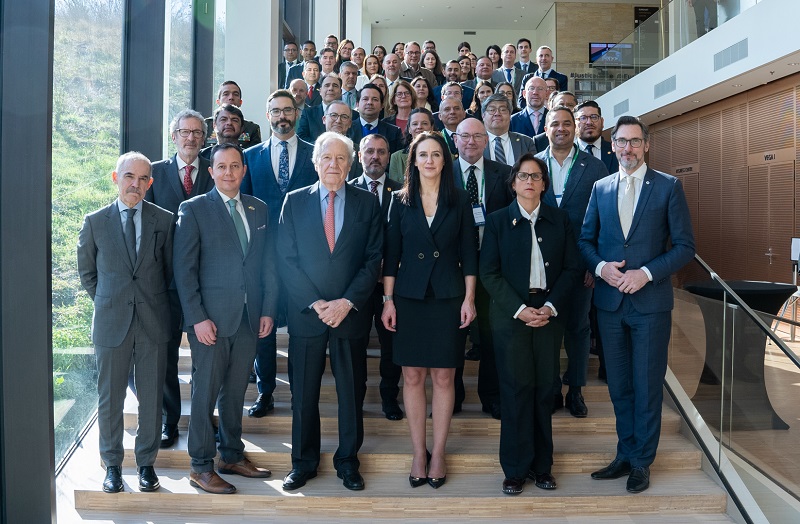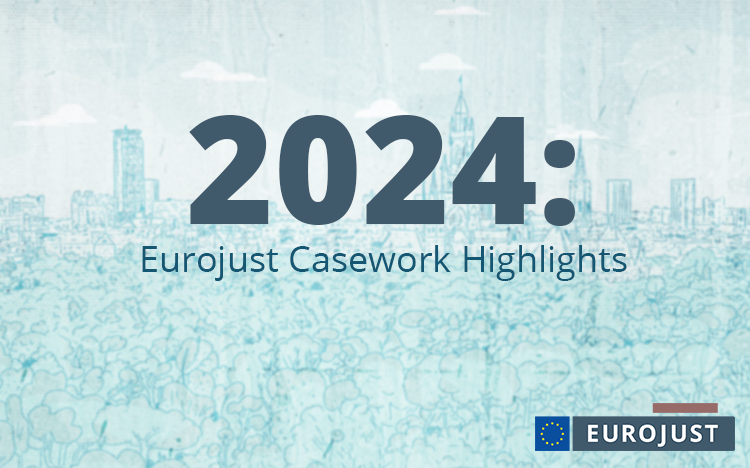Using AI technology in anti-money laundering (AML) processes has become critical for financial institutions as they work to comply with regulations and combat financial crime. Even so, a new AML technology study from data and AI leader SAS, featuring contributions from SAS Partner KPMG, finds that interest in AI continues to outpace its full implementation. Based on a global survey of 850 members of the Association of Certified Anti-Money Laundering Specialists (ACAMS), the study reveals:
Adoption of AI and machine learning (ML) remains modest. Only 18% of survey respondents report having AI/ML solutions in production. Another 18% are piloting AI/ML solutions, while 25% plan to implement AI/ML in the next 12-18 months; 40% have no current plans to adopt AI/ML. Interest in generative AI technology is robust but seemingly cautious. Nearly half of respondents say they are currently piloting GenAI (10%) or are in the discovery phase (35%) – no small amount for an emerging technology. Still, that leaves 55% with no plans to adopt GenAI.Gone are the days when organisations could simply promise a speak up culture. Today, fostering a culture of trust, integrity, and a positive work environment…
Download whitepaper








